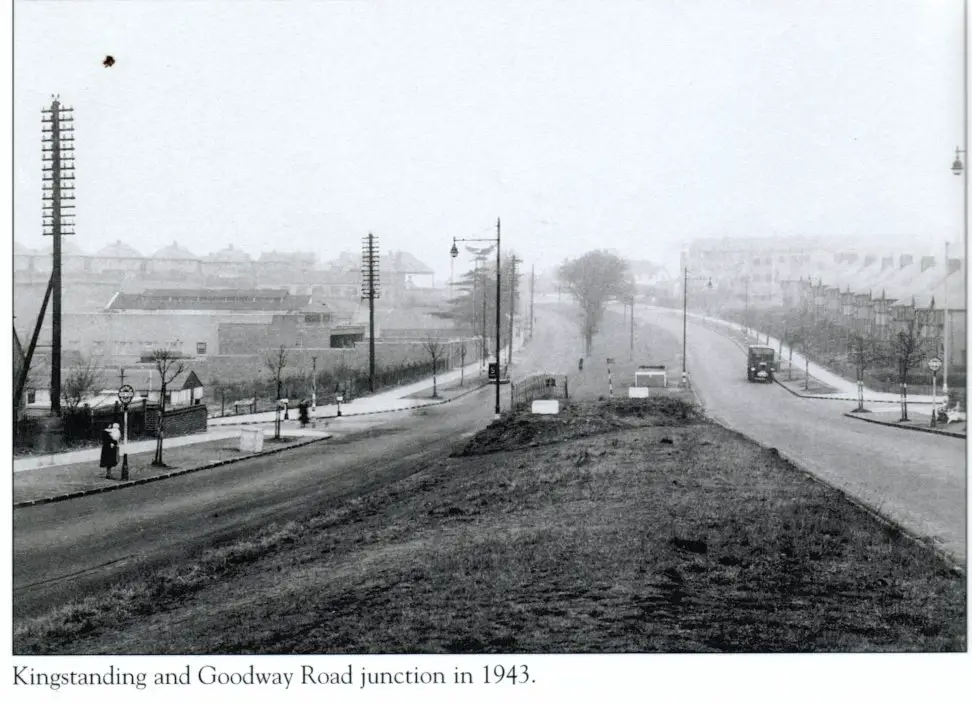cookie273uk
Gone but not forgotten
Pedrocut your post #207. FNF fault not found. RWT right when tested, CWL cleared whilst locating, remember this during a period on ERD ENG during my TO in T training, terms like that stick in your mind forever. Eric





